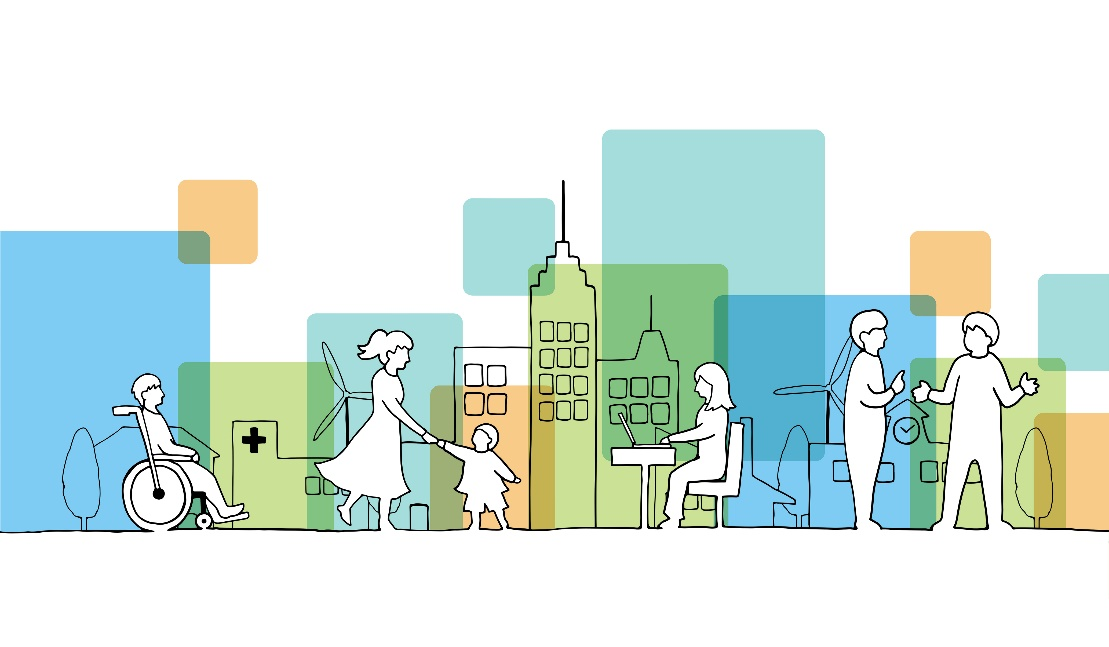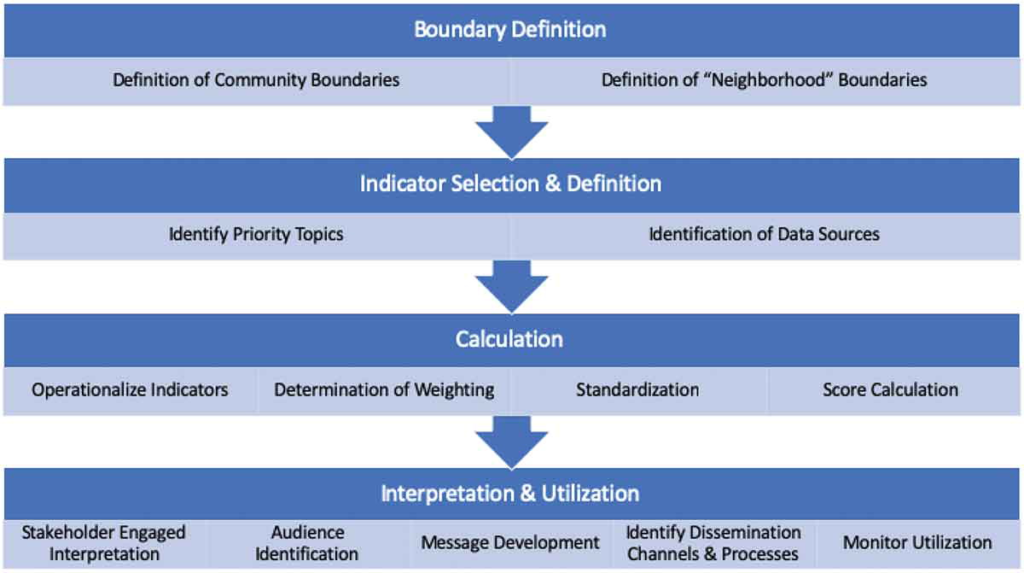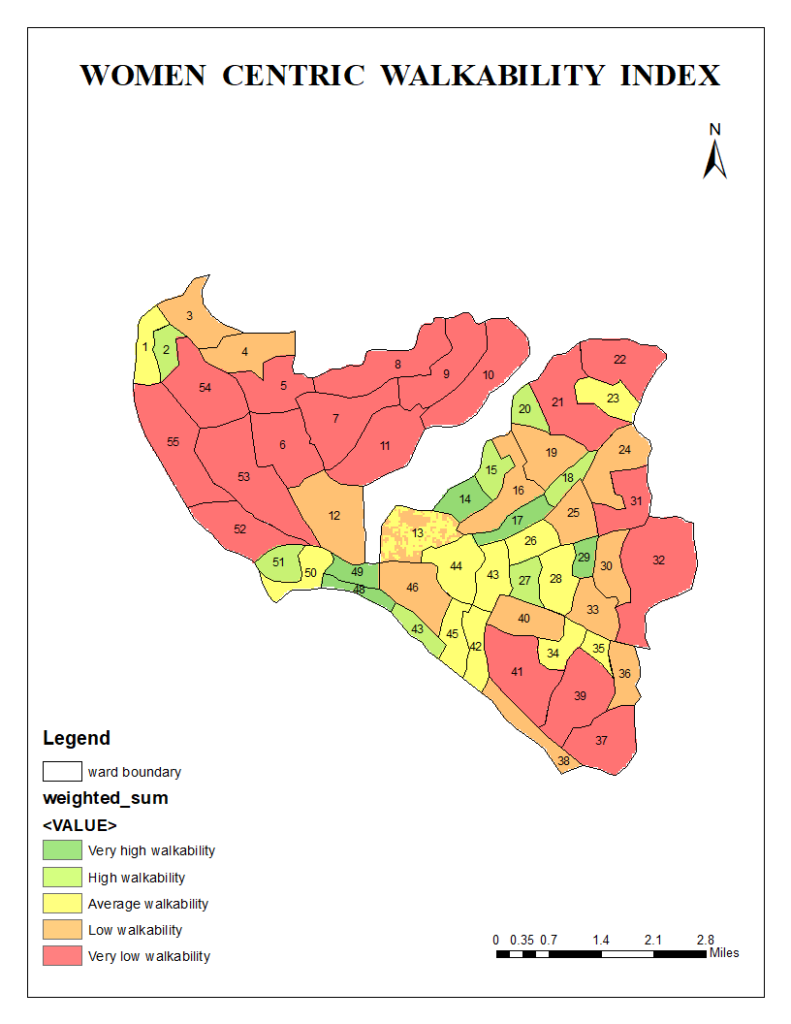City Know-hows

Urban environments are a major contributor to non-communicable diseases and health inequalities, including those linked to planetary health. This transdisciplinary research team is working with influential property developers to help change their intention to act on health.
Share
Target audience
Urban planners and developers, Landowners/promoters, Investors, Politicians and civil servants, Citizens
The problem
Evidence overwhelmingly suggests that the built environment has an impact on people’s health, particularly in terms of noncommunicable diseases such as asthma, diabetes and poor mental health. However, health is rarely prioritised in urban planning decisions at present, and earlier work by this research group has shown that senior decision-makers feel they lack the power to influence planning and policy decisions in order to improve the situation.
What we did and why
We developed an intervention called “Changing Mindsets”, which is aimed at private sector decision-makers working in urban planning and development. The programme is designed to address some of the challenges to achieving change within this sector, such as, perceived lack of power to affect change and inertia in the development system, with the aim of increasing participants’ intention to act on health within their work.
Our study’s contribution
This intervention area adds to the wider research programme, which is focused primarily on the delivery of quantifiable socio-environmental and health economics valuations. People make decisions not just based on economic valuation, so an understanding of why people make decisions and how those decisions can change is essential. This paper describes the methodology that will be used to develop this intervention. Findings will be published later.
Impacts for city policy and practice
This research aims to increase awareness of, and intention to act on, health within the urban planning industry. This could result in lower incidences of noncommunicable disease linked to the built environment (although due to the complexity of impact pathways over time, this is difficult to demonstrate). There will also be benefits to early adopters of this form of health promotion within urban development, who should be seen as pioneers within their field.
TRUUD project site: https://truud.ac.uk/ for more information on the TRUUD project and the other intervention areas
Further information
Full research article:
 Development and evaluation of an intervention designed to increase the prioritisation of health by professionals working in the private sector of urban development: study protocol by Rebecca J. Linnett, Krista Bondy, Martha Jordan, Daniel Black and Sophie L. Turnbull.
Development and evaluation of an intervention designed to increase the prioritisation of health by professionals working in the private sector of urban development: study protocol by Rebecca J. Linnett, Krista Bondy, Martha Jordan, Daniel Black and Sophie L. Turnbull.
Related posts

There are so many neighbourhood-level drivers that impact our health that making sense of all the data can be difficult. This tool helps us understand

This study introduces the Women-Centric Walkability Index, addressing factors influencing women’s walking experiences in urban areas. Analyzing fifty-five wards in Kollam Corporation, Kerala, we identified key indicators like well-maintained sidewalks, street lighting, safety measures, and access to public amenities that enhance women’s walkability. Using the Analytical Hierarchy Process and GIS analysis, our research highlights the need for safer, more accessible, and comfortable walking environments for women, benefiting all pedestrians.

Who supports proposals to manage if, when and where new takeaways can open near schools? According to our recent study,over 50% of adults living in Great Britain!